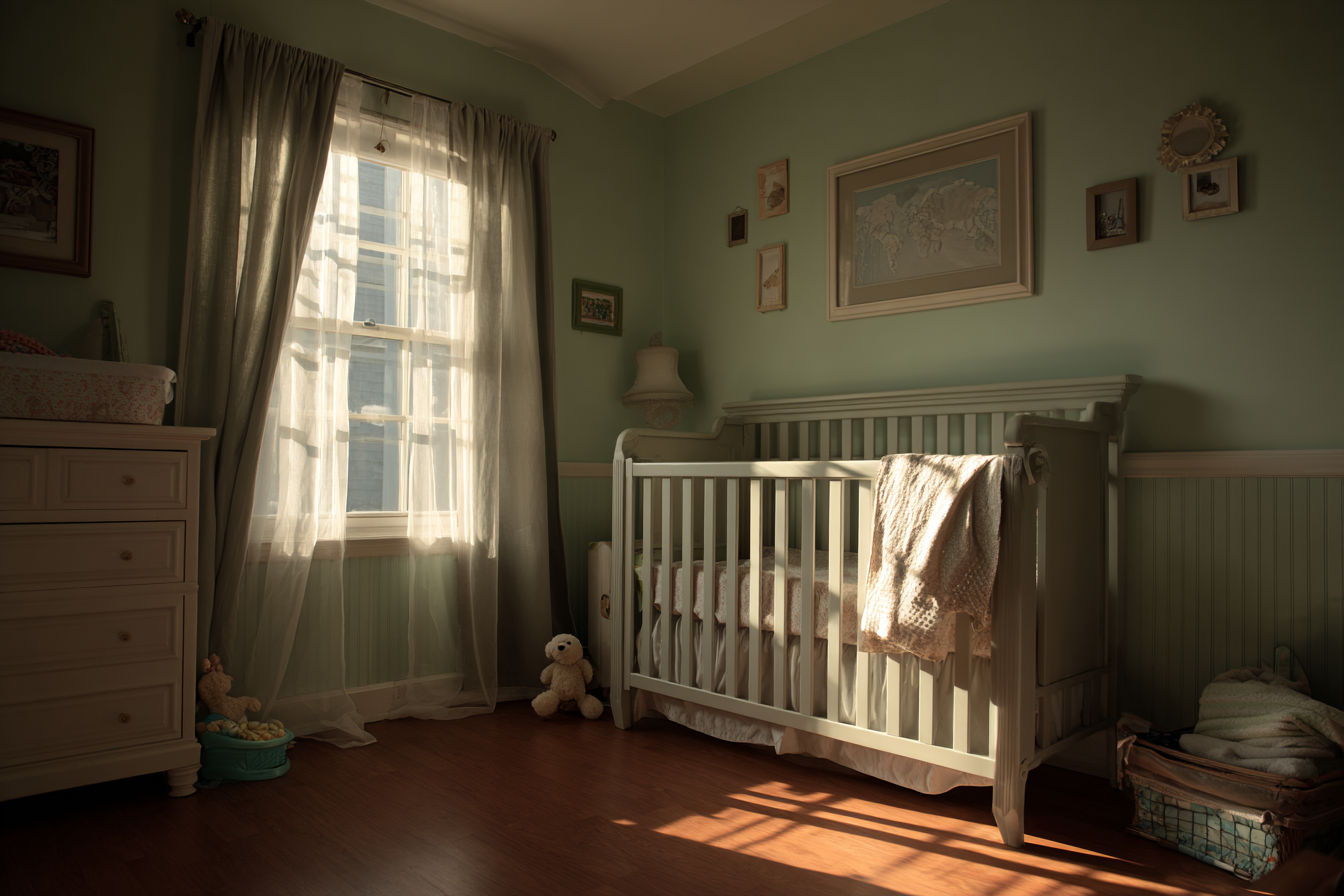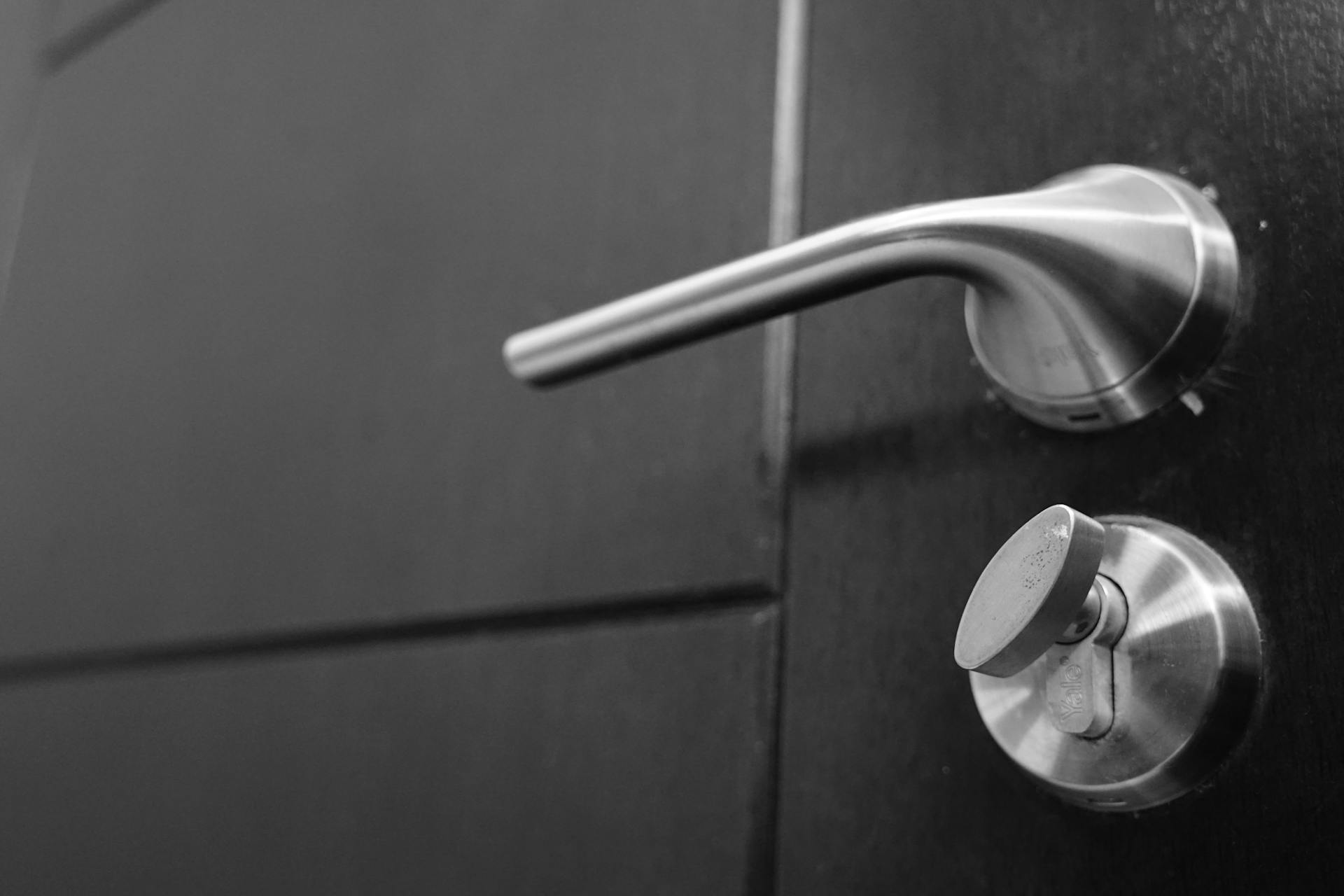
The call came on a Tuesday. I remember the sharp, metallic taste of fear in my mouth as the doctor’s words echoed: “terminal.” My mother. My vibrant, always-there mother. The world shifted. It felt like the ground beneath my feet was crumbling, but in a slow, insidious way, not a sudden earthquake. How could this be happening?
For weeks, I floated in a daze of denial and frantic research. I’d visit, bring her flowers, listen to her quietly talk about her future, which was now a finite, ticking clock. I’d offer to help, do her groceries, clean. Anything to avoid the real conversation, the looming question that hung heavy in the air between us.
Then, she asked.
“Honey,” she started, her voice raspy, “I was wondering… if it would be too much… if I came to live with you for a while.”

A woman laughing | Source: Unsplash
My heart plummeted. My perfectly curated life. My small, beautiful apartment, my sanctuary. My independence. I’d worked so hard for it. I loved her, of course, I did. But the thought of her illness taking over my space, her needs becoming my responsibility… it felt like a tidal wave crashing against everything I’d built. Selfish, I know. God, I know.
I stammered, mumbled excuses. “Oh, Mom, you know how small this place is. And my work schedule is so crazy. And… I don’t think I’m equipped to give you the care you’d need. It’s a lot, you know? For both of us.” The words tumbled out, each one a brick building a wall between us. I told my dying mother no. I saw the flicker in her eyes, that fragile hope extinguishing. A quiet understanding. A gentle nod. She just said, “I understand, darling. Don’t worry about it.”
And just like that, the conversation ended. The silence that followed was deafening. I felt a fleeting sense of relief, quickly followed by a cold, sharp blade of guilt. What have I done?
The visits became less frequent. My excuses grew more elaborate. Work was truly demanding, but deep down, I knew it was more than that. It was the fear. The fear of seeing her decline, the fear of confronting my own failure, the fear of the burden I’d rejected. Each phone call felt like a stab. Her voice growing weaker, her questions about my day less engaged.
A month later, the call came. Not from her, but from a neighbor. She was gone. Just like that. The silence on the other end of the line was the loudest sound I’d ever heard. GONE. She was just GONE. The world collapsed around me, this time for real. The tsunami I’d feared had finally hit, and it wasn’t her illness, it was her absence.

A nursery with green walls | Source: Midjourney
The funeral was a blur. I remember nodding, crying, feeling hollowed out. The weight of my decision, my refusal, crushed me. I had denied her comfort, companionship, her last wish. I had let her face her final days alone, without me. I had left her when she needed me most.
Weeks turned into a suffocating eternity. I finally began going through her modest belongings, a task I’d dreaded. Her little house felt alien, permeated with her faint scent, a ghost of her presence. In a dusty box, tucked beneath old photographs and knitting patterns, I found it. Not a will. Not a sentimental letter.
It was a stack of legal documents. Bank statements. Letters from a lawyer, emblazoned with unfamiliar names and grim legal jargon. My father’s name, scrawled on a bankruptcy notice, then a series of judgments, then… my address. My name.
I started shaking. My father, who had abandoned us when I was a child, had resurfaced, leaving a trail of debt and deceit. He’d tried to tie my assets, my home, into his financial ruin. These documents, dated months before her diagnosis, detailed a complex, predatory legal battle. A battle she was fighting. A battle she was fighting to protect me.
I saw her meticulous notes in the margins, her shaky handwriting outlining strategies, names of lawyers she’d consulted. And then, a letter. Unsent. To a legal aid organization. It spoke of her terminal diagnosis, her limited time, her desperate need to secure my home, my future, before she couldn’t anymore.

A doorknob | Source: Pexels
And then it hit me. A realization that ripped through my very core, tearing me apart from the inside. She hadn’t asked to move in for her comfort, for her care. She’d asked to move in to safeguard my home. To consolidate documents, to be physically present to fight on my behalf, to make sure everything was in order, to protect me from a financial ruin I didn’t even know was coming.
Her illness was real, yes. But her urgency to move in wasn’t selfish. It was selfless. It was her last, desperate act to be close, not to be cared for, but to care for me. To shield me from the storm my father had unleashed.
I flipped to the last page of the unsent letter. Her final words, almost illegible: Please, I just need to be near her to finish this. My time is running out. She doesn’t know. I can’t let him take everything from her.
I said no to my dying mother when she was trying to save my life. My refusal hadn’t just denied her comfort; it had denied her the ability to complete her final, selfless mission. She didn’t just leave me; she left me to face a battle she had fought alone, a battle I now had to fight myself, without her quiet strength, without her unwavering protection.
The bitter irony clawed at my throat. She left me first, yes. But the truth was, I had left her first. And in doing so, I had paved the way for everything she had fought so desperately to protect me from. I had unknowingly helped my father destroy the life she had died trying to save.

A couch in a living room | Source: Pexels


